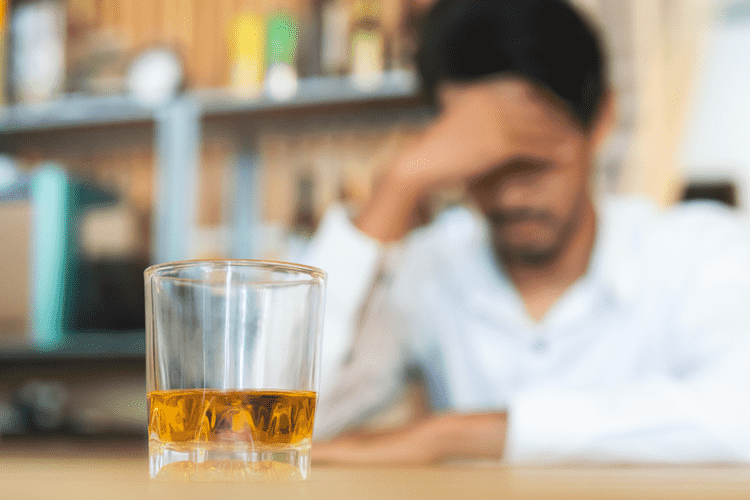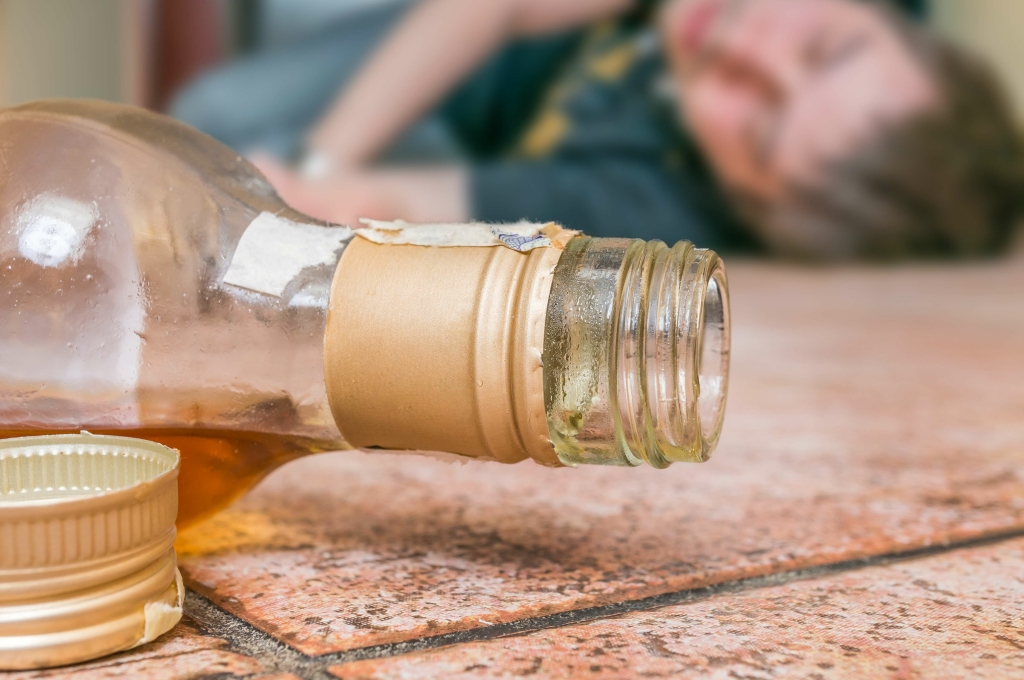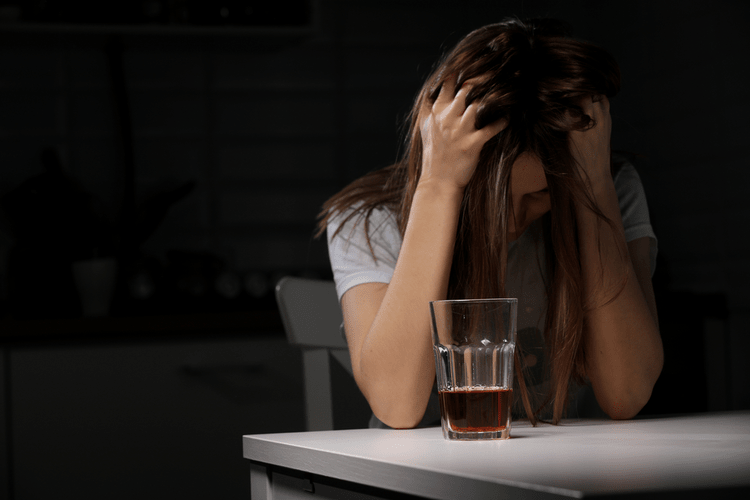This means it takes longer to respond to sudden events, like a car stopping in front of you or a pedestrian stepping into the road. It also impairs coordination, making steering and braking less precise. When you take a sip of an alcoholic beverage, it doesn’t get digested like food.
The Emotional Drunk: Why Alcohol Intensifies Your Feelings
- Our state-specific resource guides offer a comprehensive overview of drug and alcohol addiction treatment options available in your area.
- If someone is showing symptoms of severe intoxication—such as slurred speech, trouble walking, or vomiting—it’s time to intervene and help them stop drinking.
- This figure includes deaths from long-term health problems like liver disease and cancer, as well as short-term issues like traffic fatalities and other accidents.
- You will also have a richer experience with your friends as you will be able to indulge in inspiring conversations and wear your dancing shoes to twirl to your favorite tunes.
- From that first sip, it takes only five minutes to reach your brain where feel-good endorphins are released.
By being aware of your own limits, you can avoid reaching a level of intoxication that may impair your judgment and put you at risk. Recognizing the signs, understanding Sober living house BAC levels, and appreciating the physiological and psychological impacts are essential for responsible alcohol use and safety. Legal and societal frameworks aim to mitigate risks, but individual awareness remains crucial. By fostering knowledge and moderation, society can better handle the multifaceted issues surrounding alcohol consumption and its effects on human health and behavior. The progression of drunkenness can span from mild impairment to severe and potentially life-threatening conditions.
This is part of our ongoing commitment to ensure FHE Health is trusted as a leader in mental health and addiction care. Alcohol, master of disguise that it is, can make us feel invincible. Suddenly, you’re an incredible dancer or the world’s most hilarious stand-up comedian. Alcohol might seem like a friendly social lubricant, but it’s a sneaky one, quietly infiltrating our brain and bodily systems. Its first stop is the central nervous system — the brain — command central for all our actions, thoughts, and feelings. So while it’s possible to stop drinking suddenly, it’s important to be aware of the risks involved before making this decision.
Stage 2: Euphoria
The specific definitions and penalties vary by state and city, but a public intoxication charge can result in fines, community service, or even jail time. For others beyond youth who may be drinking for the first time, being well-informed about alcohol’s effects is just as important. Inexperience means first-time drinkers of any age may be unable to know their limits, which leaves them unsure of whether or not what they’re experiencing is normal. As a result, the lessons we learn from getting drunk for the first time are often hard lessons. This is because alcohol stimulates the release of dopamine and serotonin, which are sometimes referred to as your “feel good” hormones. Since intoxication can lead to riskier behavior, blackouts can be dangerous.
Rate of Alcohol Consumption
- In many countries, including the United States, there are legal limits for blood alcohol content (BAC) when operating a vehicle.
- It is crucial to take steps to prevent such situations by monitoring alcohol consumption, looking out for signs of severe intoxication, and intervening if necessary.
- This can include participating in dangerous activities, taking risks while driving, or making impulsive decisions without considering the consequences.
- If you’re with someone experiencing the effects of both substances, what are the immediate steps you should take to ensure their safety?
It should not be used in place of the advice of your physician or other qualified healthcare provider. It should not be used in place of the advice of your physician or other qualified healthcare providers. The effects of being drunk often show up in your physical appearance.

As one delves deeper into the journey of being drunk, the effects of alcohol become more pronounced. This section explores the stage of excitement and impairment, where heightened confidence and sociability are accompanied by a decline in coordination and judgment. Being drunk can initially feel euphoric and social, but as intoxication increases, it can lead to confusion, loss of coordination, and emotional instability. At a .20 BAC what does being drunk feel like to a .25 BAC, your mental, physical, and sensory functions are super impaired. You’ll start to feel significantly confused and may need help to walk or stand. If you injure yourself, it’s common that you won’t feel the pain or do anything about it.

Understand the Risks and Get Help

Regular drinkers have more enzymes in their livers that break down alcohol, leading to tolerance. But long-term drinking is harmful because your liver can get damaged. But when you first consume it, the feelings and effects you get are stimulating. Due to its size and the fact that alcohol can easily cross the blood-brain barrier due to it being soluble in fat and water, it has a profound impact on the brain. Model Chrissy Teigen recently got candid about what her husband John Legend is really like after a few drinks. ‘” Teigen said in an interview with Cosmopolitan, explaining that her bed and closet are near each other.
The Science Behind Alcohol and the Brain
Do not give them more alcohol or any caffeinated drinks like coffee, as this can worsen dehydration. Never try to make them throw up, as their gag reflex may not be working properly, which could cause them to choke. The shock of the cold water can cause them to lose consciousness or get too cold, a condition known as hypothermia. Let the medical professionals handle the situation once they arrive. Some people may be at risk of alcohol overdose after just a few drinks, especially if they are young, small, or do not often drink. For most people, a single drink — for example, 1.5 ounces (oz) of hard liquor, 12 oz of beer, or 5 oz of wine — will elevate blood alcohol by 0.06 or 0.07 per drink.
Are There Any Risks Associated With Stopping Drinking Suddenly?
It might feel like a nightcap helps you doze off faster, but the quality of that sleep takes a major hit. Alcohol disrupts your natural sleep cycle, preventing you from getting the deep, restorative rest your body and brain need to recharge. Instead, you’ll likely experience a more fragmented night, waking up more often than usual.
How Does Alcohol Affect Your Motor Skills?
From the second you take a sip, alcohol starts working its way through your body, affecting everything from your mood to your muscles. No matter your size, your liver will only digest one standard drink per hour. This alcohol evaporates from your blood through your lungs and moves into your breath. Up to 20% of the alcohol you drink goes into your bloodstream through your stomach. The rest of it gets into your bloodstream via your small intestine.